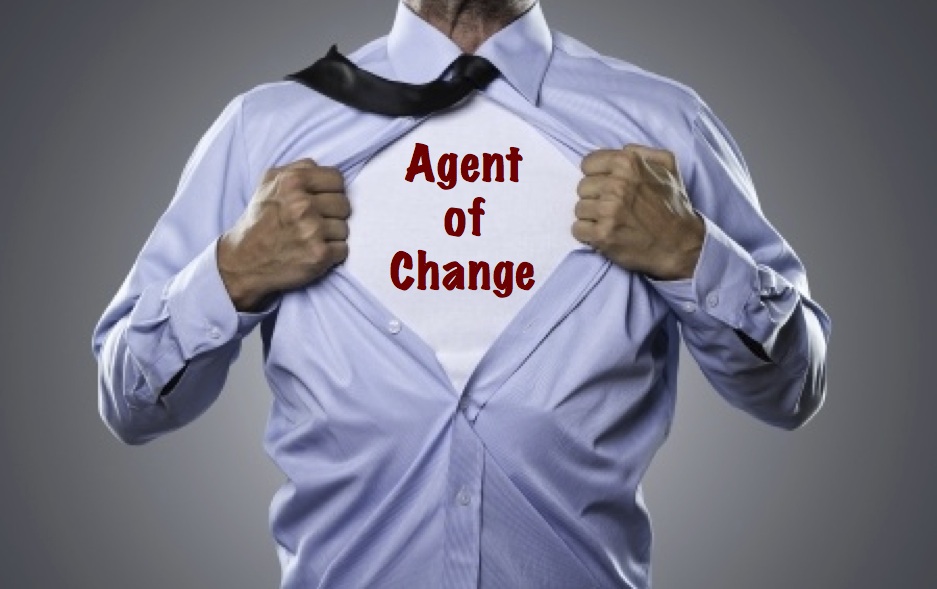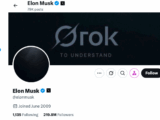By Edgar Wilson –
America’s political leaders are not agents of change.
They campaign as thought-leaders and strategists, but they are really glorified marketers. Their primary wares for sale to the public? Overwhelmingly, incentives and punishments—typically financial in nature—that will supposedly herald a sea change in behavior, shepherding the country into the future.
Everything from Republican tax plans to Obamacare rely on assumptions about how financial programming—incentives to save, incentives to work, incentives to buy insurance—can be employed to solve problems. Dangle a carrot, change behavior, and eliminate the problem, no matter whether that problem is national debts, healthcare spending, unemployment, or any other of today’s headline policy foibles.
This sort of oversimplification of both challenges and their solutions has been in vogue for some time, along with a hyper-partisan approach to negotiating which package of incentives and threats will be debuted to an increasingly cynical public; the results are predictably disappointing.
The broken record playing out of Washington seemingly ignores the reality that extrinsic motivators simply aren’t that reliable on their own as tools to foster change. So for every tax-based incentive and behavior-modification program, the affected parties go careening through loopholes rather than play along and provide the intended outcome. Dangling a carrot only works if everyone determines moving forward to be the most effective way to secure that carrot; but that is neither permanent, nor guaranteed.
To understand government’s possible role in stimulating real, lasting change, consider one of America’s oldest cash crops: tobacco. The rate of Americans smoking cigarettes has halved from its heydey in the 1960s, and has been steadily declining for decades. How did we get Americans to stop smoking in such large numbers?
Using contemporary logic, the credit would go to so-called “sin taxes” which heaped additional fees on top of the price of tobacco products as a disincentive to purchasing them.
But those fees were just one force transforming American culture: the Surgeon General’s warning in 1968 linking smoking with cancer and death, mandatory labeling repeating the warning, the evolution of public awareness campaigns, educational initiatives targeting children and teens, and stricter regulations on marketing tobacco products all combined to create an environment that by the late 1990s city and state laws began eliminating smoking from public and private spaces entirely.
Today, public opinion is determinedly against smoking, and the associated stigma has moved tobacco from being associated with health risks to being grounds for public shaming. The public conversation went well beyond questions of personal risk and expense, while cessation programs and new conventions entered the mainstream.
Politicians’ anthem of “free market” solutions is the second most common refrain after manufacturing contrived incentive programs. But it is painfully apparent that consumer voices aren’t always powerful enough to compel change where it is needed most.
In the twin industries of education and healthcare, a clear failure of the free market has been illustrated: these consumers—students and patients, respectively—have no real power as shoppers. The goods and services they demand are not elective, and the providers have significantly more power to determine price, availability, and quality, than the consumers have to negotiate.
The government solution, as has become rote, is a bundle of incentives: teacher pay linked to student performance, and in the emerging Accountable Care model, physician pay linked to patient outcomes. While this may better align interests in some small way, it doesn’t fundamentally change the culture, or bolster the power of the free market to transform the system in the way attitudes toward smoking were changed.
There is nothing innovative or game-changing about a new set of threats and rewards, and innovation is precisely what is needed to bring America’s schools and hospitals forward.
Rather than playing puppet master with the strings of the tax code, the federal government might throw more support behind other people, programs, companies and technologies targeting the cultural elements that drive behavior. The dogma insulating these industries from fundamental change—whether it is the analog laws like HIPAA impeding the digitization of healthcare, or the federal student aid financing schemes that enable schools to raise prices without accountability—can be questioned, updated, or in some cases, replaced.
Education and healthcare may be larger, more complex industries than Big Tobacco, but the lessons we can learn from the cultural shifts that occurred around tobacco show that nothing is so ingrained in America’s culture, economy, or cult of individuality, that we can’t make room for new knowledge, habits, and popular behavior.
The important thing is for lawmakers to stop behaving as though every problem is a nail, and financial incentives are the hammer.















Climate change could annihilate the entire world population by making the earth uninhabitable just like the moon, or the planet Mars. It may not be during our current lifetimes, but it could be within several generations of our lifetimes.
Are we ready and prepared to gamble the lives of our future generations? Not I.